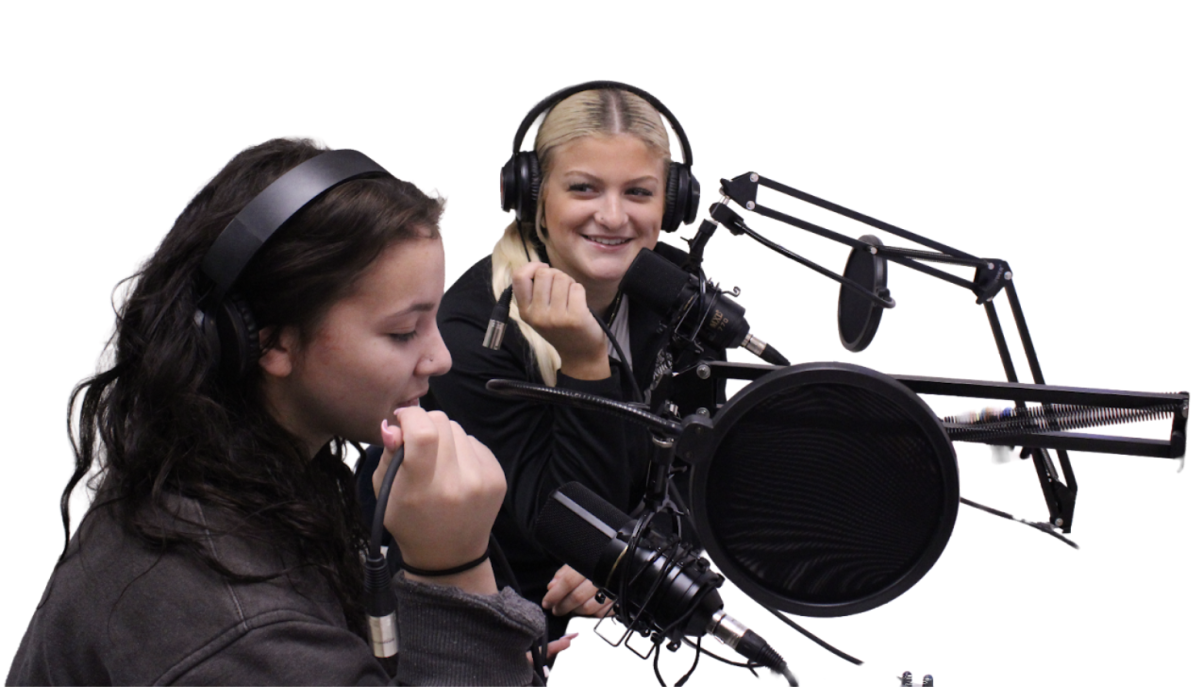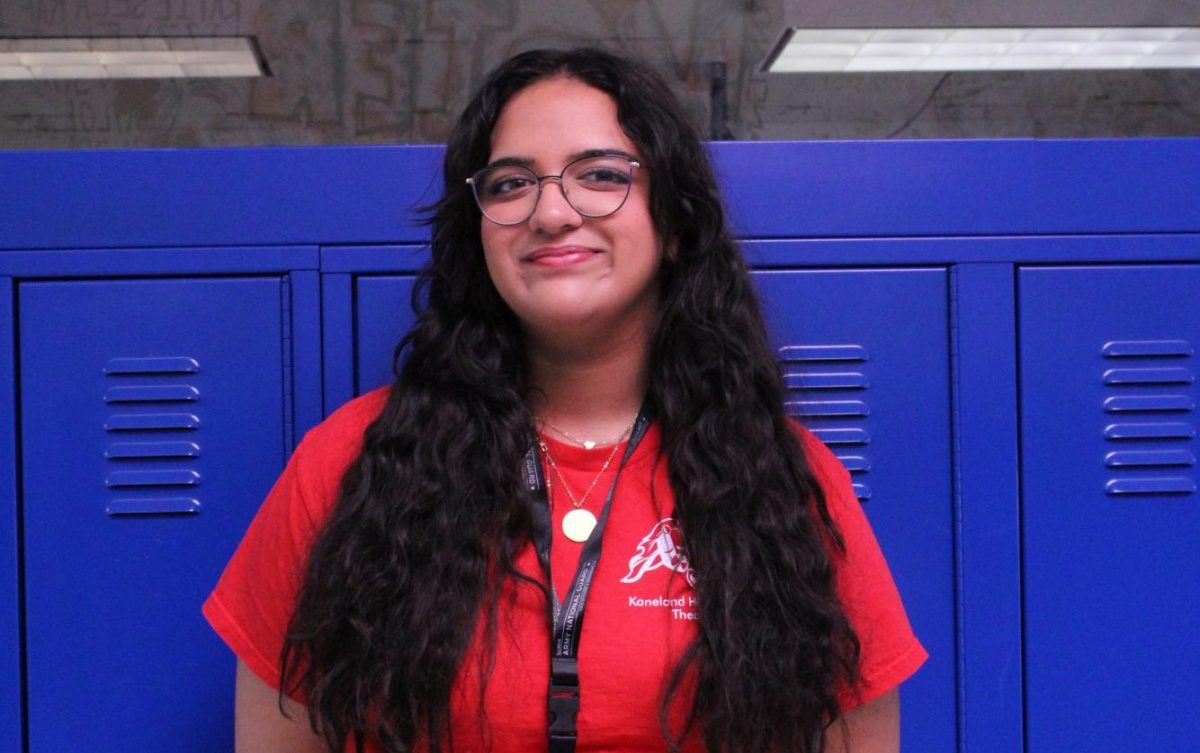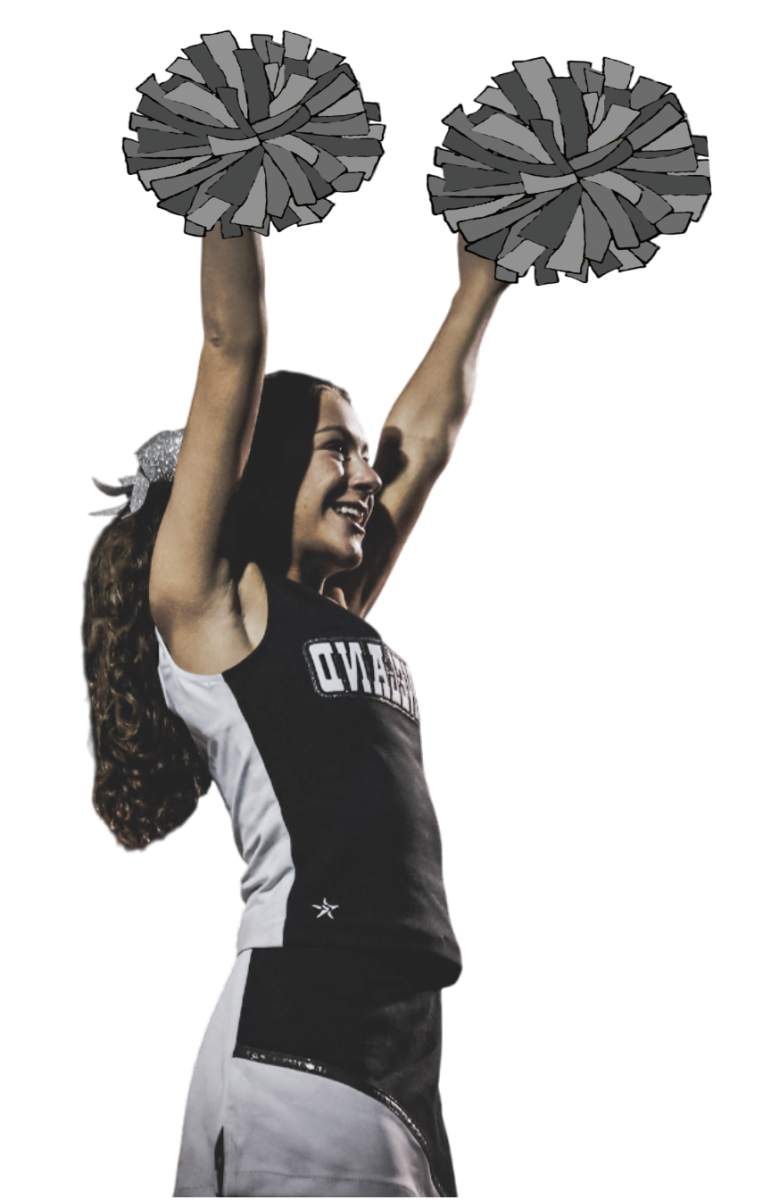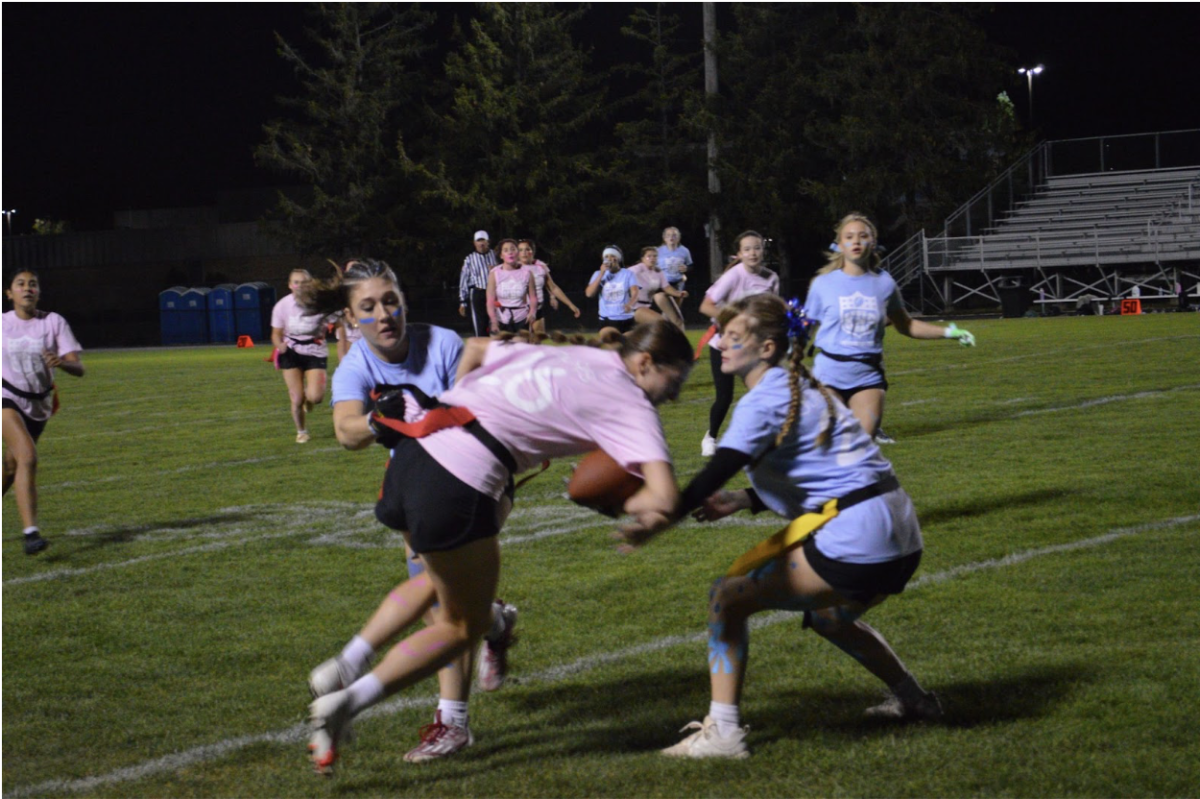Most athletes spend hundreds of hours practicing to improve their abilities. They learn new skills, whether it’s a new move to beat their defender or something the opposing team could never see coming. But what is often left unspoken are the unseen life skills that athletes learn and carry with them beyond sports.
In sports, teamwork must be learned early for a player to have success. It’s hard to meet a coach’s expectations when everyone’s playing for themselves.
While teamwork might seem like a basic lesson, it builds communication, trust and shared understanding on the field or court.
“Teamwork is very important,” sophomore and junior varsity soccer player Matthew Crabb said. “If your team has good teamwork, it’s easier to talk to them, make suggestions and know how they’ll play the game.”
But not all sports rely on group dynamics. In individual sports like tennis, the challenges and lessons can look different.
One person who knows this well is Beth Miller, the girls varsity tennis coach. Miller has been coaching at Kaneland for the past seven years. Miller developed her love for the game of tennis at just five years old.
Over the years, Miller has worked to instill a balance of skill development and mental resilience in her players. She believes that the mental aspects of tennis are just as important as the physical side.
“In singles, they have to be able to rely on themselves and talk themselves up when they get down into a rut, because they’re out there on their own,” Miller said.
Whether athletes compete on a team or by themselves, one challenge they share is learning how to balance their sport with everything else in life, especially school. With travel, practices, games or meets, it can be tough to stay on top of homework, projects and studying. That’s why time management becomes a crucial lesson to understand, one that many student-athletes have to learn early on.
Athletes have to find ways to make time for a variety of activities each day. It can be hard to focus on improving and having fun in a sport when all you can think about is the homework you have to do after school. But finding ways to manage that stress can be relieving.
“I sometimes struggle with time management,” freshman volleyball player Eliza Bruhl said. “If I have a lot of homework and practice after school, things start to pile up for me, so I try to get the things I need to get done in one day.”
Bruhl and many other athletes have experienced this challenge. With limited hours in the day, student-athletes are often under pressure to perform in both the classroom and on the field or court.
This pressure can be intense, but it also teaches athletes how to face it and to find different ways to navigate through it.
Because sports require a level of dedication that goes beyond what many people see from the sidelines, student-athletes have high expectations from many people, including themselves. The pressure from all directions can be overwhelming, making it hard for athletes to enjoy the sport they love.
Despite the pressure, many student-athletes find ways to push through those challenges by relying on discipline, routine and support from teammates and coaches. Staying organized, setting priorities and asking for help are keys to staying on top of it all. Even without a perfect balance, the effort that athletes put in to manage everything helps them grow stronger.
“I believe that many athletes put way too much pressure on themselves, focusing on their faults rather than their progress and what they’re doing right,” Miller said.
Sports offer life lessons, from dealing with stress to working as a team. These lessons last far beyond the season. In the end, there is more to sports than the final score and trophies.












